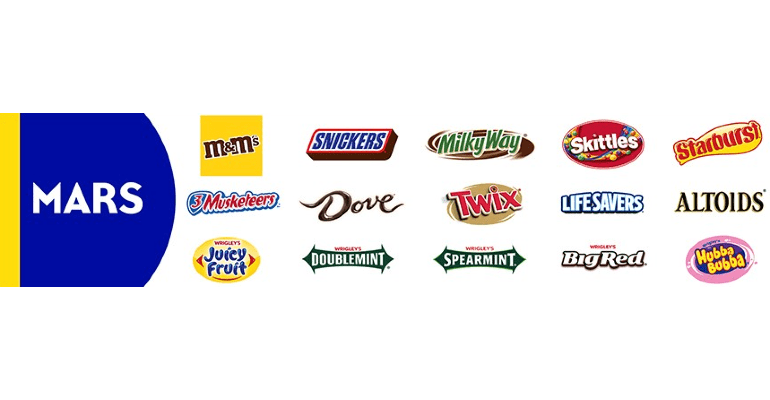Navigating the Anti-Diet Movement: Big Food’s Influence and Dietitian Backlash
Amidst rising obesity rates, a polarizing trend has emerged: the anti-diet movement. Spearheaded by social media influencers and dietitians, it promotes body acceptance and rejects traditional dieting norms. However, this movement is now intertwined with Big Food’s marketing strategies, raising concerns about its impact on public health.
The Rise of the Anti-Diet Movement
For Jaye Rochon, the allure of the anti-diet movement seemed promising. Embracing the mantra of “health at every size,” she felt liberated from restrictive dieting. However, Rochon’s journey took a concerning turn as she gained 50 pounds in just two months, prompting fears about her health.
The anti-diet movement originated as a response to weight stigma and societal pressure for thinness. Yet, it has evolved into a social media juggernaut, with global food marketers like General Mills capitalizing on its popularity.
Big Food’s Exploitation of Anti-Diet Messaging
General Mills, the maker of beloved cereals like Cocoa Puffs and Lucky Charms, has strategically aligned itself with the anti-diet movement. Under the guise of promoting body positivity, the company has launched a multifaceted campaign that undermines traditional notions of dieting.
By touring the country, sponsoring influencers, and denouncing “food shaming,” General Mills seeks to position itself as a champion of self-acceptance. However, critics argue that this strategy deflects attention from the harmful effects of ultra-processed junk foods promoted by the company.
The Role of Dietitians in the Anti-Diet Movement
Registered dietitians, often backed by food companies, play a pivotal role in perpetuating anti-diet messaging. With lucrative partnerships and social media followings, these influencers amplify hashtags like #NoBadFoods and #DitchTheDiet, blurring the lines between health advocacy and corporate promotion.
An analysis of social media posts reveals that a significant portion of dietitians endorsing anti-diet rhetoric are financially tied to food, beverage, and supplement companies. This symbiotic relationship raises ethical concerns within the public health community.
Consequences of Distorted Messaging
As the anti-diet movement gains momentum, it risks overshadowing the critical dialogue about nutrition and health. Misinformation spread by influencers, including claims that excess weight isn’t a health risk, undermines efforts to address the obesity epidemic.
While some individuals find solace in intuitive eating and body positivity, others, like Rochon, experience unintended consequences. Weight gain, decreased mobility, and heightened health risks are among the repercussions faced by those misled by anti-diet messages.
Challenges and Controversies
The alliance between Big Food and dietitians has sparked controversy and regulatory scrutiny. Efforts by the FDA to implement stricter food labeling standards face staunch opposition from companies like General Mills, who prioritize profit over transparency.
Moreover, the distortion of anti-diet principles by social media influencers has led to a divergence from its original intent. Health at Every Size advocates lament the commercialization of their movement and the spread of misinformation by profit-driven entities.
Moving Forward: Balancing Health and Acceptance
As the debate surrounding the anti-diet movement intensifies, a nuanced approach is imperative. While promoting body positivity and combating weight stigma are commendable goals, they must not come at the expense of public health.
Educating consumers about nutrition, fostering a critical understanding of food marketing tactics, and advocating for evidence-based health policies are crucial steps in navigating the complexities of the modern food landscape.
Ultimately, achieving a balance between self-acceptance and health promotion requires collaboration among stakeholders, including policymakers, health professionals, and the food industry. Only through collective action can we address the multifaceted challenges posed by the intersection of diet culture, corporate interests, and public health.
Related: General Mills’ AI Digital Transformation Journey

Source: Washington Post



